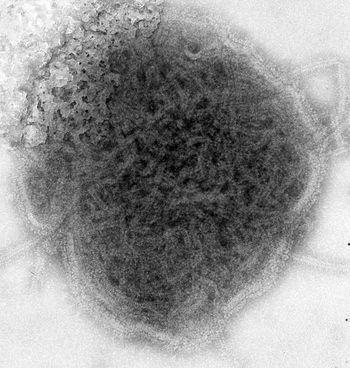You may agree with me, or you may respectfully disagree, and, quite honestly, I’m fine with either.
Just a few days ago, I turned to my husband during one of those ‘outbreak of previously extinct illness’ reports on the news and said, very matter-of-factly, “It kind of blows my mind that those who oppose vaccines for their children, received them as children, and turned out just fine.”
Sure, that’s oversimplification, and not incorporating all the facts, and ignoring the outliers. I realize that. But, good or bad, that statement is the basis of my discussion.
When I began graduate school (again, take this how you will), I interned at Planned Parenthood, counseling patients with respect to procedures. Now, before you get your motor running, this is not a discussion of abortion or reproductive rights, either. That, as you will see, is clearly a secondary issue.
Almost twelve years after my internship, I managed only to remember the patient who received a vaccination prior to a vacation, learned she was pregnant, then decided to terminate her pregnancy based on having received that vaccination. She came in well prepared. I’m not sure what she was expecting, because our job was to counsel patients through the process, not into or out of it, but with her she hauled a pile of neatly-stapled internet research to substantiate her decision, research about autism that, after a certain number of years, was found to be false.
That woman stuck with me, because, in my head and heart, I knew vaccines didn’t cause autism. I knew that a disorder of the most recent generations could not possibly be caused by the same medicines that have been given to decades of perfectly typical human beings.
But, as a counselor – or budding counselor, as it were – it was my job to be supportive and non-judgmental while guiding her through her experience. I continued to think of that woman over the years. Would she have had a child without health issues or autism? I don’t know. Was her action even necessary?
I knew back then (around 2002), that we, as a culture, would begin taking issue with the very concept of vaccination. We’d become complacent that the diseases being prevented were permanently eradicated in the developed world, and we were exposing our children needlessly to substances to which they never needed to be exposed. We questioned the side effects, and provided armchair causation for other diseases or illnesses. We protected ourselves with the iron shield of internet research.
And guess what happened?

Mumps virus, negative stained TEM 8758 lores (Photo credit: Wikipedia)
These “dead” diseases began creeping back. Measles, mumps, pertussis – highly contagious diseases, the complications of which almost always listed death, started taking hold around the country, and around the world.
And that made me think. Why, when something is not broken in this country, must we always attempt to fix it?
Vaccines were developed to keep children from needlessly dying, to inhibit the presence of sometimes debilitating diseases. Vaccines were a gift from science to us, a gift of life where life was once precarious. If that's not reason enough to vaccinate our children, I don't know what is.
#482912171 / gettyimages.com
I also find the controversy surrounding the HPV vaccine a bit questionable.The issue of safety, providing our children prevention from the human papillomavirus, which, in some cases, becomes cervical or throat cancer, has become a moral issue, and, for all intents and purposes, it is not. Most people will engage in sexual activity during their lifetime. A vaccine is not an admission ticket to the adult playground, yet parents are holding their children back from receiving the HPV vaccine based its classification as a sexually transmitted disease.
We get our children flu shots, don’t we? Does it matter how the flu is spread? We don’t want our families sick and suffering.
I will end my discussion here, because I was lucky enough to catch this week’s NOVA on PBS, Vaccines – Calling the Shots, and I think they definitely provided a perspective worth hearing. I hope you will watch if you haven’t. If you’re one who harbors doubts about the utility or effectiveness of vaccines, I can nearly guarantee this episode will help alleviate them.
After all, it’s science. And you can’t argue with science.

